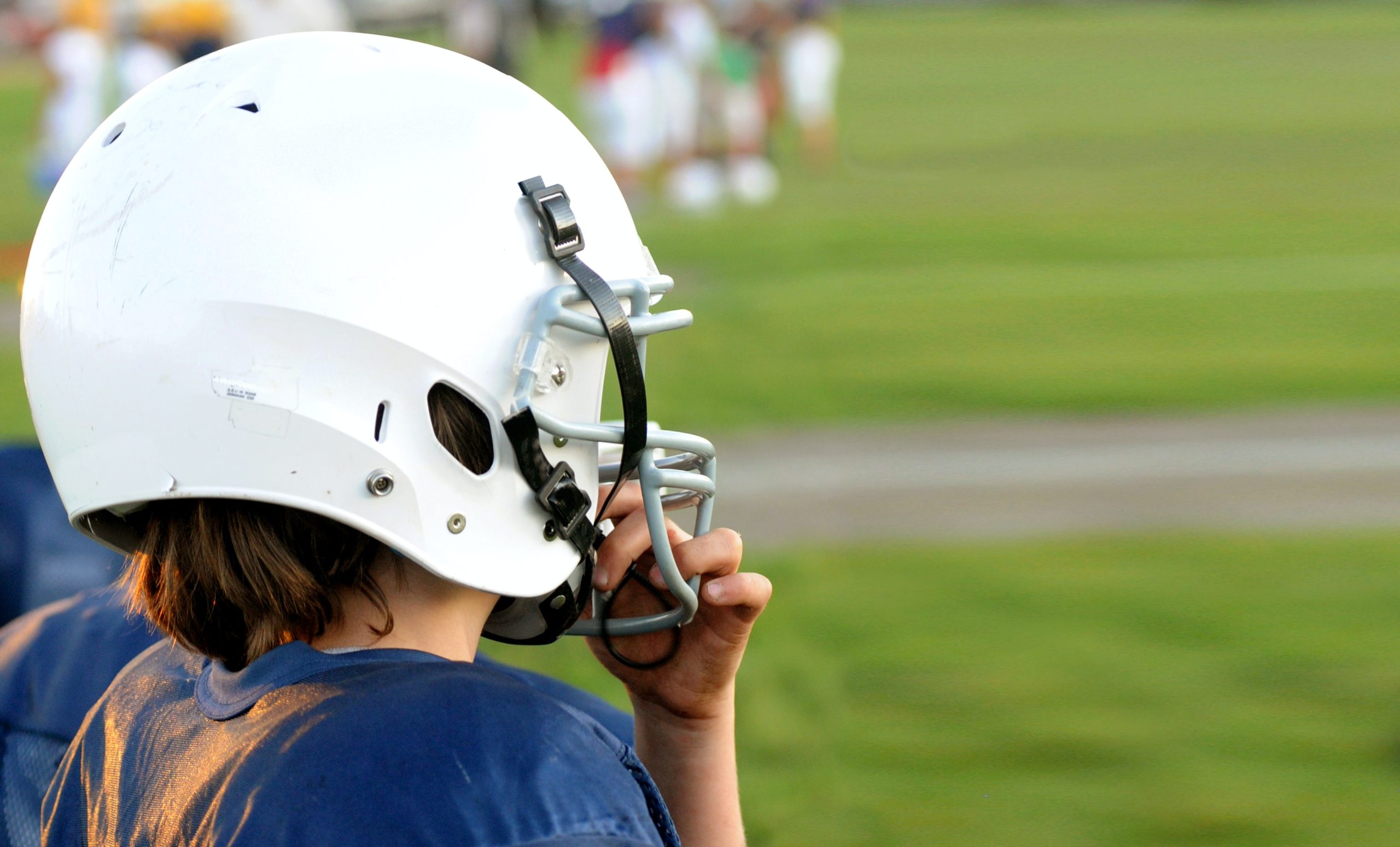
The second Monday in February – also known as the day after the Super Bowl – is the single biggest day of lost productivity in the United States (Canada also suffers) every year. The number of people who book the day off, call in sick, or not show up to work results in billions of dollars in lost productivity.
You could also argue that productivity takes a small hit in the days before the Big Game. Hosts are focusing on their menus for the night, people are visiting Sports Betting Sites to find the best places to bet on the Super Bowl, and some people – in a normal year – head down to the city where the game is to take in the festivities.
All that pre-Super Bowl stuff pales compared to the Monday after the game, which leads to the question of what we should do about it.
There are two trains of thought on the Monday after the Big Game. You can discourage people from calling in sick, showing up hungover, or booking off the Monday (all of this can amount to a challenge for HR departments), or you accept it as a day where people as a day people are not going to work hard or work at all. This year presents another challenge – people working remotely, simply logging in in the morning and doing the bare minimum/nothing all day.
Before we answer this question, let’s go over the history of this problem and one scenario where this problem could disappear.
“Super Bowl” by Wikimedia is licensed under CC BY-NC-SA 2.0
When the Super Bowl Became a Party, and Productivity Losses Started to Pile Up
It is hard to pinpoint an exact time when Super Bowl parties became significant events. The best guess would be in the early 1990s – when the half-time show moved away from modest spectacles and marching bands (1992 was Olympic figure skaters Brian Boitano and Dorothy Hamill with the University of Minnesota Marching Band) to some of the biggest rock and pop acts in the world (1993 was Michael Jackson).
As the night became more than just about a football game – the parties went later, the people went harder, and the day after got rougher. Some people view the day as a pseudo-holiday and will catch up on work over the rest of the week.
Could the NFL Eventually Solve this Problem for Everyone?
The issue of the post-Super Bowl Monday drop in workplace productivity could one day be a thing of the past – if the NFL expands the Regular Season schedule. There are currently plans to expand from 16 games to 17 games in 2021. If plans involve pushing the schedule later – instead of starting it earlier – the Super Bowl inches closer to President’s Day Weekend.
“NFL Draft Picks” by Wikimedia is licensed under CC BY-NC-SA 2.0
If the Super Bowl moved to President’s Day Weekend – which is possible if the NFL continues to start the season the Thursday after Labor Day, adds a 17th game and gives each team two bye weeks – the problem of lost productivity on the Monday after the Super Bowl becomes a thing of the past. Would the NFL ever do this plan?
People like the idea of Super Bowl Sunday followed by a holiday – but the National Football League is not committed to moving the Super Bowl. Why would they be? The event is already the most-watched thing in the US every year and brings in around a billion dollars. For now, we need to accept the day after the Super Bowl is a “workday.”
So, What Should We Do About Monday?
The simple answer to the question is to accept it. It is one day – and it is expected – so most companies avoid planning major meetings and projects on that day. There are also negative connotations for companies that reprimand employees missing the day after the Super Bowl. Work/life balance is more important than ever – and if reviews for your company include “Got written up for missing the day after the Super Bowl,” you could miss out on hiring some talent.
Just enjoy the game, moderate yourself if you must go to work, and plan to work hard the rest of the week if you take the Monday off.
